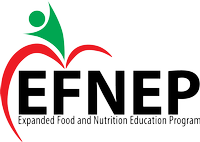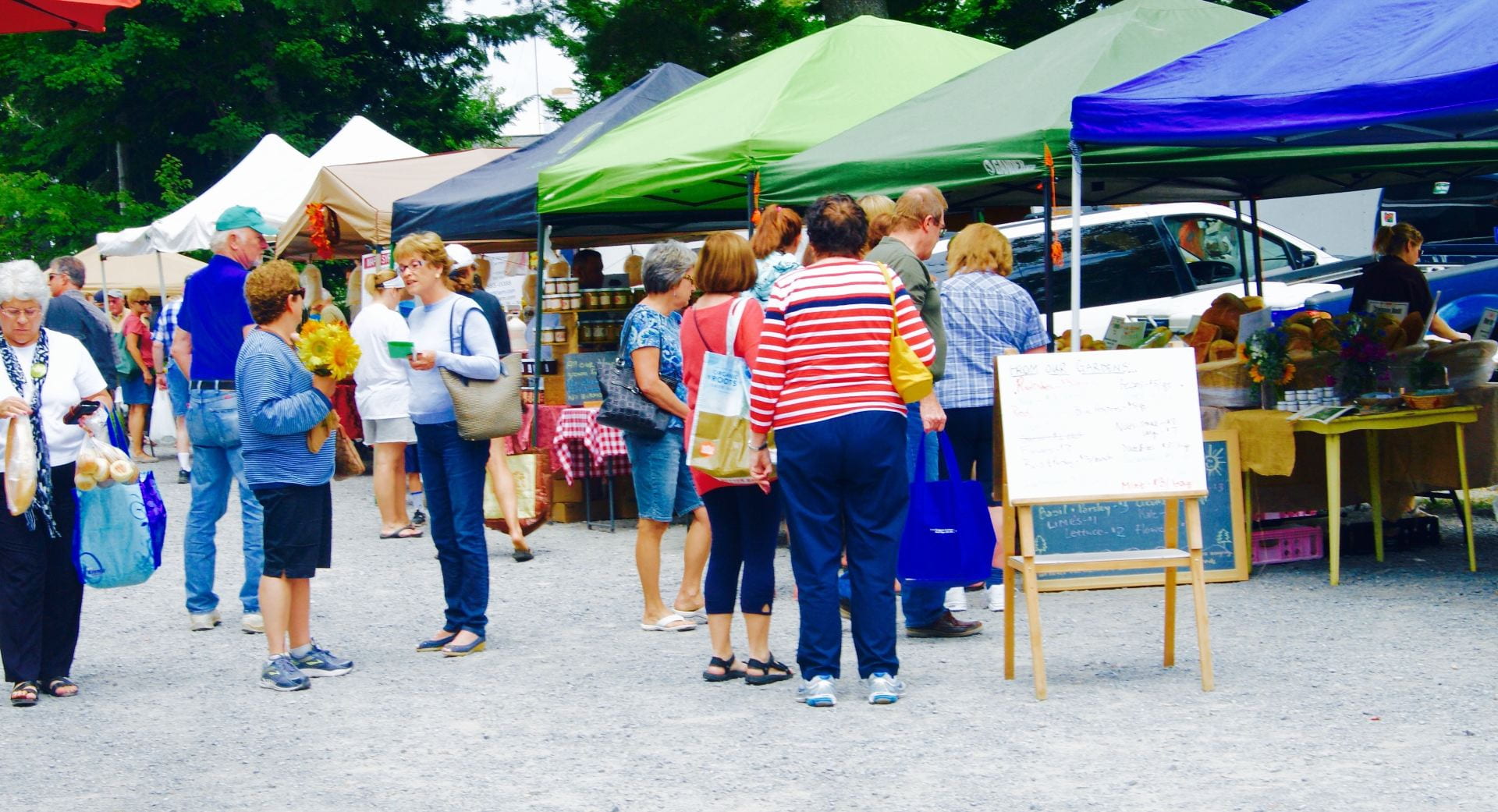NY STATE FAIR GROUP ACTION BOOTHS at the NY State Fair Youth Building
Calling all 4-H members or clubs!
A group of three or more youth and one adult can earn a premium of $20/day, by showcasing a project or activity that your club has worked on this year, or help county personnel work with the public on a STEM activity. You can split the time up with several adults and youth from your club in 2 hour intervals with a total of 6 hours of coverage. Herkimer County is covering a booth in the youth building at the NY State Fair on August 21 & 22. Contact Wendy for details and to sign up.
**Back again this year**- clubs that sign up to cover a 6 hour shift at the county booth can earn an additional $50 for working at the State Fair. Only 2 days available for this opportunity, so please sign up soon.
4-H Teen Opportunities at the NY State Fair
Youth Leaders (age 9-12)
- Paid Youth Leader positions are limited to 4-H members who are 9 – 12 years of age (4-H age as of January 1st of the current year)
- Volunteer Youth Leaders are welcome. No premium paid.
- Selected by 4-H Specialists and Staff.
- Participate in educational opportunities.
- Will work a minimum of 3 hrs. Per day.
- Receive a premium of $6 for each day worked.
- Pre-registration by their county educator with State 4-H Office or area superintendent is strongly recommended.
- Youth Leaders require the supervision of their county educator or designated volunteer.
- Opportunities for Youth Leaders aged 9 – 12 (based on their 4-H age) include: County Booth
Teen Leaders
There are many teen leadership opportunities available at State Fair, age 13 – 16, both in the Youth Building and throughout the animal barns. Paid Youth Leader positions are limited to 4-H members who are 13 years of age and not have reached their 19th birthday by January 1 of the current year. Teen leaders will work a minimum of 6 hrs. Per day, and receive a premium of $12 for each day worked. Opportunities for Youth Leaders age 13 – 19 (based on 4-H age) include Fashion Revue, Poultry Science, Dairy, Horse, Robotics, Project Evaluation, GPS/GIS, Shooting Sports, The Great 4-H Cook Off, County Booth Displays, Horticulture, and Goat. Teens may also lead activities in their county booths. This is a great way for teens to learn basic job skills, make new friends and take on a leadership role in 4-H.
Junior Superintendents
These positions are for 4-Hers age 16 and over who wish to be involved in a much deeper State Fair leadership experience. Applications for new Jr. Supers will be available after May 1st. There are limited number of spots and they fill very quickly! Besides positions in the youth building, there are also opportunities in animal science. First year Junior Superintendents are typically only scheduled for 1 week. A premium of $40 per day is paid to youth selected to be Junior Supers. Shifts are a min of 5 days and can be as long as 15 days. These youths should be highly motivated to serve and be the most responsible/hardest working members that counties have! Their roles will be key to the day-to-day success of 4-H activities at the fair.
For more information contact Wendy or Jenn.







